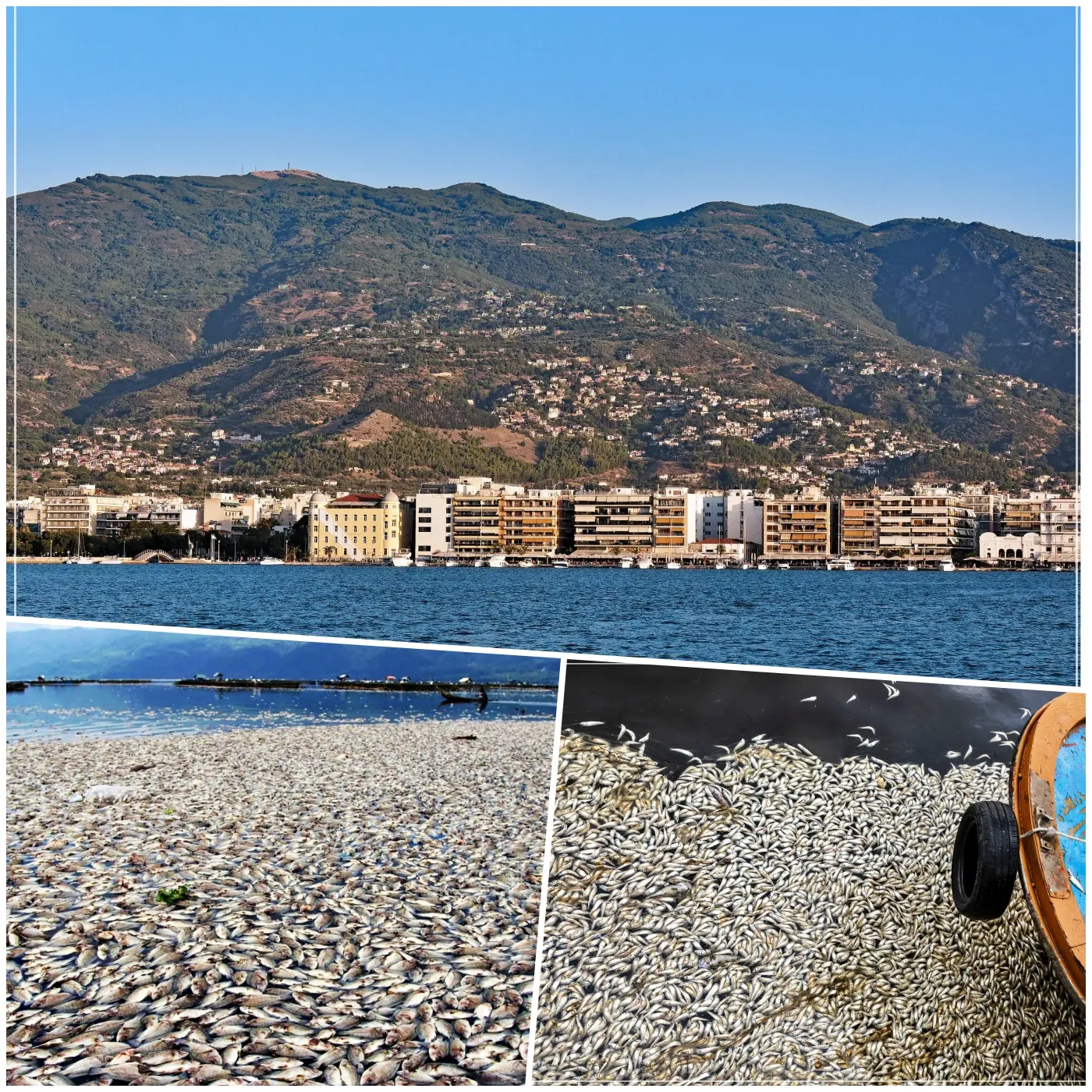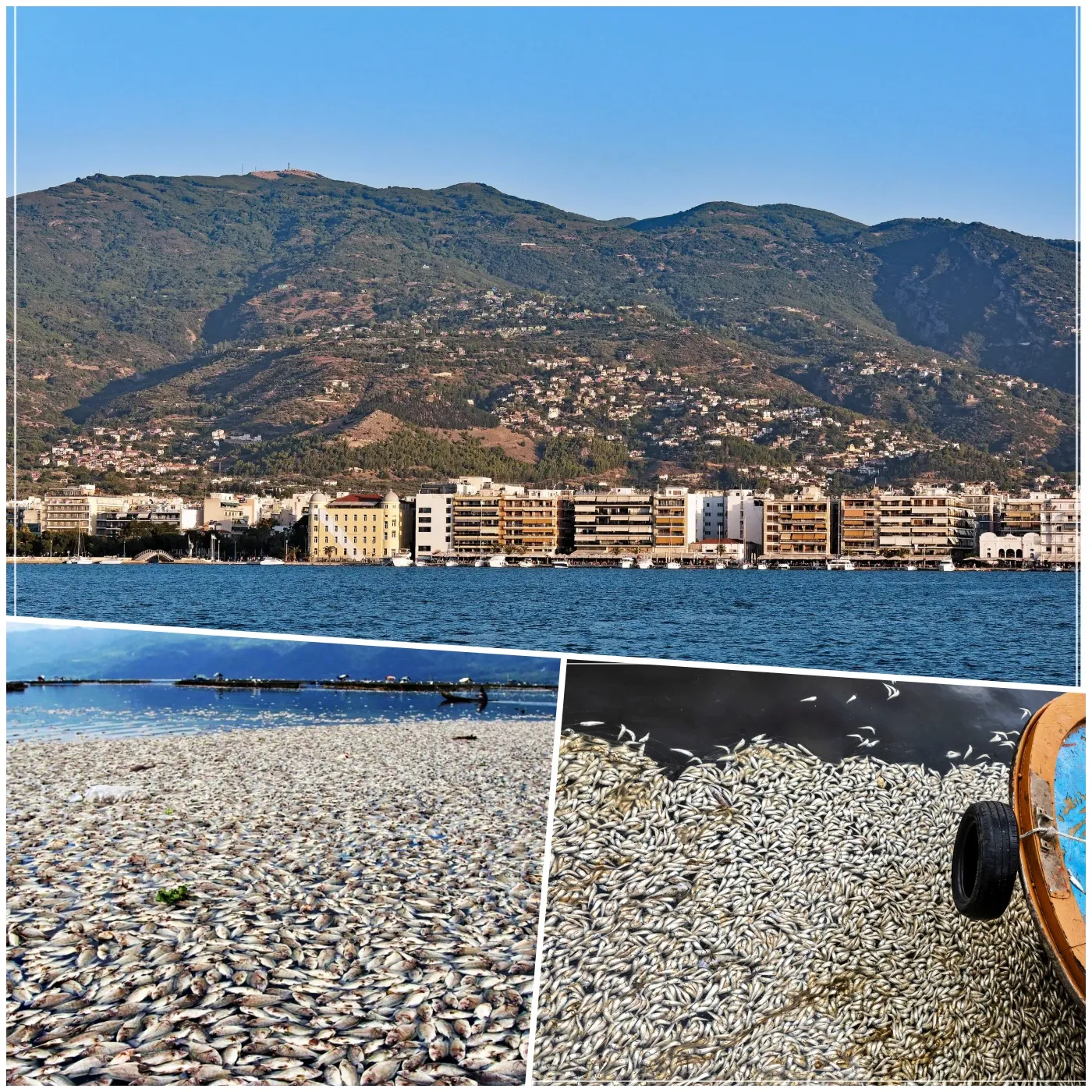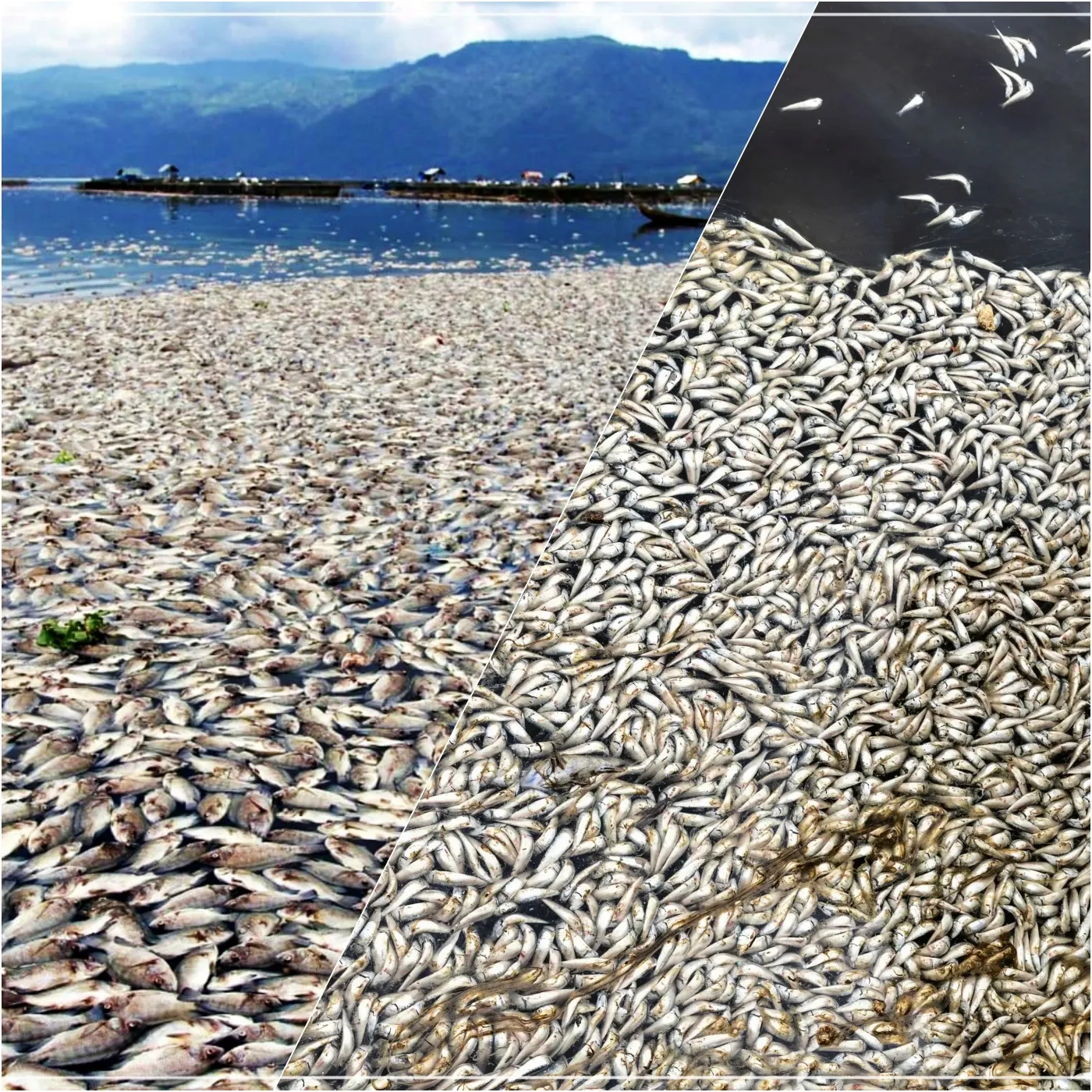
The central Greek city of Volos is facing an environmental crisis as its once-picturesque coastlines have become inundated with the carcasses of thousands of dead fish, likely a consequence of last year’s devastating floods.

Volos is a picturesque coastal city in central Greece
At Lepi, a popular harborside taverna in Volos, visitors typically enjoy a serene dining experience, sipping ouzo while savoring grilled octopus and stuffed peppers with a clear view of the Pagasetic Gulf’s azure waters. However, this week, patrons were met with the overwhelming stench of decaying fish, a stark contrast to the usual idyllic scene.
The disaster has turned miles of previously pristine coastline into a grim sight, with the bloated bodies of fish carpeting the sea. Officials believe the freshwater fish were driven into the salty waters of the Pagasetic Gulf due to the aftermath of severe flooding last year. While efforts to clear the decomposing fish are ongoing, there are growing concerns about the long-term environmental impact.

Volos is grappling with an environmental crisis as thousands of dead fish
The situation has also taken a heavy toll on the city’s tourism-dependent economy. In the words of Theofilos Voulgaris, owner of the highly-rated Lepi taverna, business has plummeted. “The smell has been unbearable,” Voulgaris said. “The entire port and sea were filled with dead fish. It’s been the worst week I’ve experienced during the peak summer season. Who wants to eat seafood with that stench lingering?”
Commercial activity in Volos has reportedly dropped by 80% over the past three days, according to the city’s Chamber of Commerce.
This disaster is just the latest in a series of extreme weather events that have increasingly plagued Greece, a country heavily reliant on tourism and agriculture. Scientists warn that climate change, driven by human activity, is intensifying these events, leading to more frequent and severe wildfires, heatwaves, and heavy rainfall.
Last September, Storm Daniel swept across Greece, killing at least 17 people and devastating large areas of farmland, particularly in the Thessaly Plain north of Volos. The storm also caused Lake Karla, a nearby water body, to swell, displacing freshwater fish into the Pagasetic Gulf where they couldn’t survive in the saltwater.
Cleanup operations are currently underway, with most of the dead fish being removed by trawlers and excavators and transported to incineration sites. By Thursday afternoon, authorities reported that around 100 tons of fish had been cleared.
However, the crisis has sparked political tensions. Volos Mayor Achilleas Beos criticized the central government for not installing protective nets at the river’s mouth, which he believes could have prevented the disaster. “They didn’t do the simplest thing—install a protective net,” Beos remarked during a tense news conference. He warned that the decomposing fish could lead to further environmental damage, threatening other species in the area.
The Greek environment ministry has yet to respond to these allegations.






